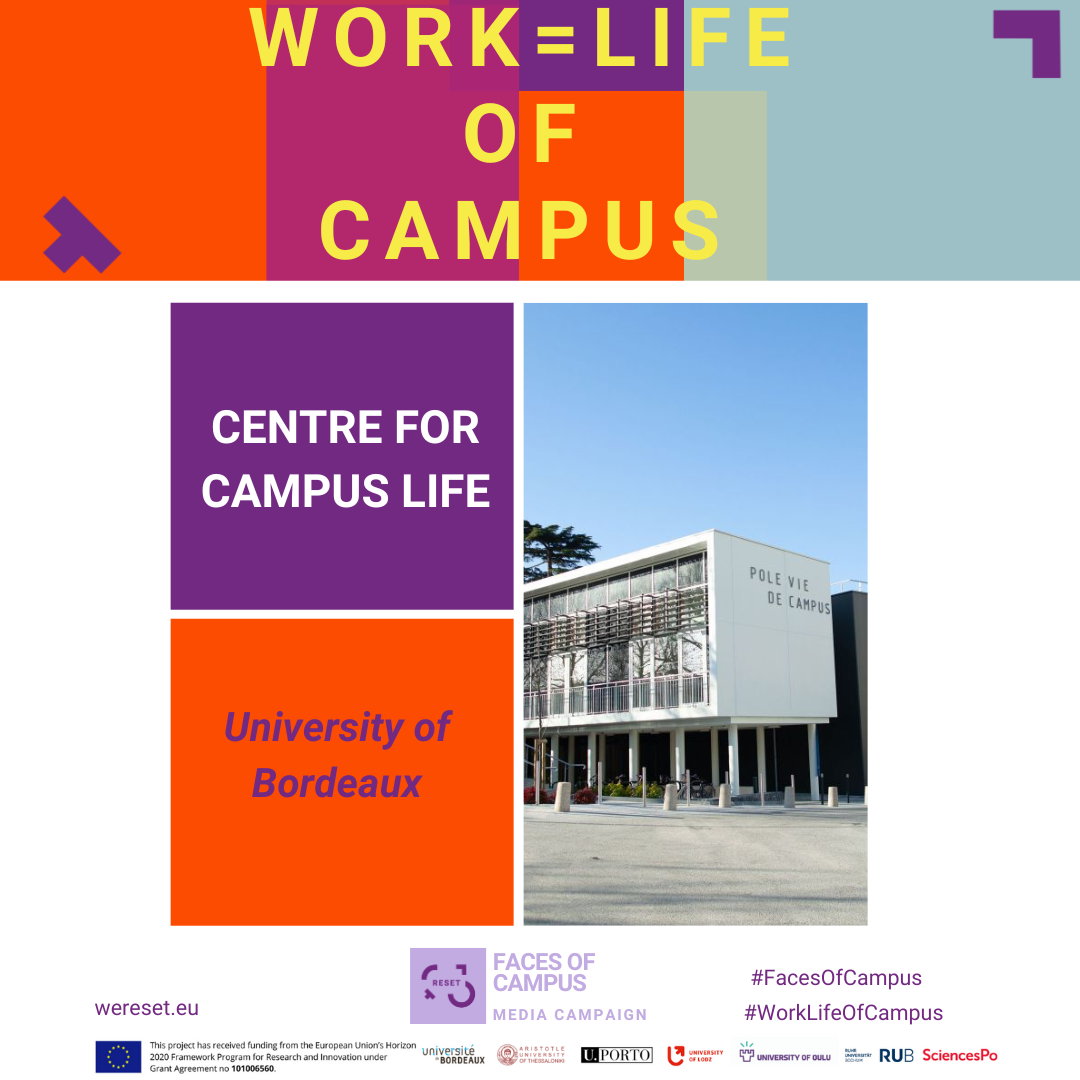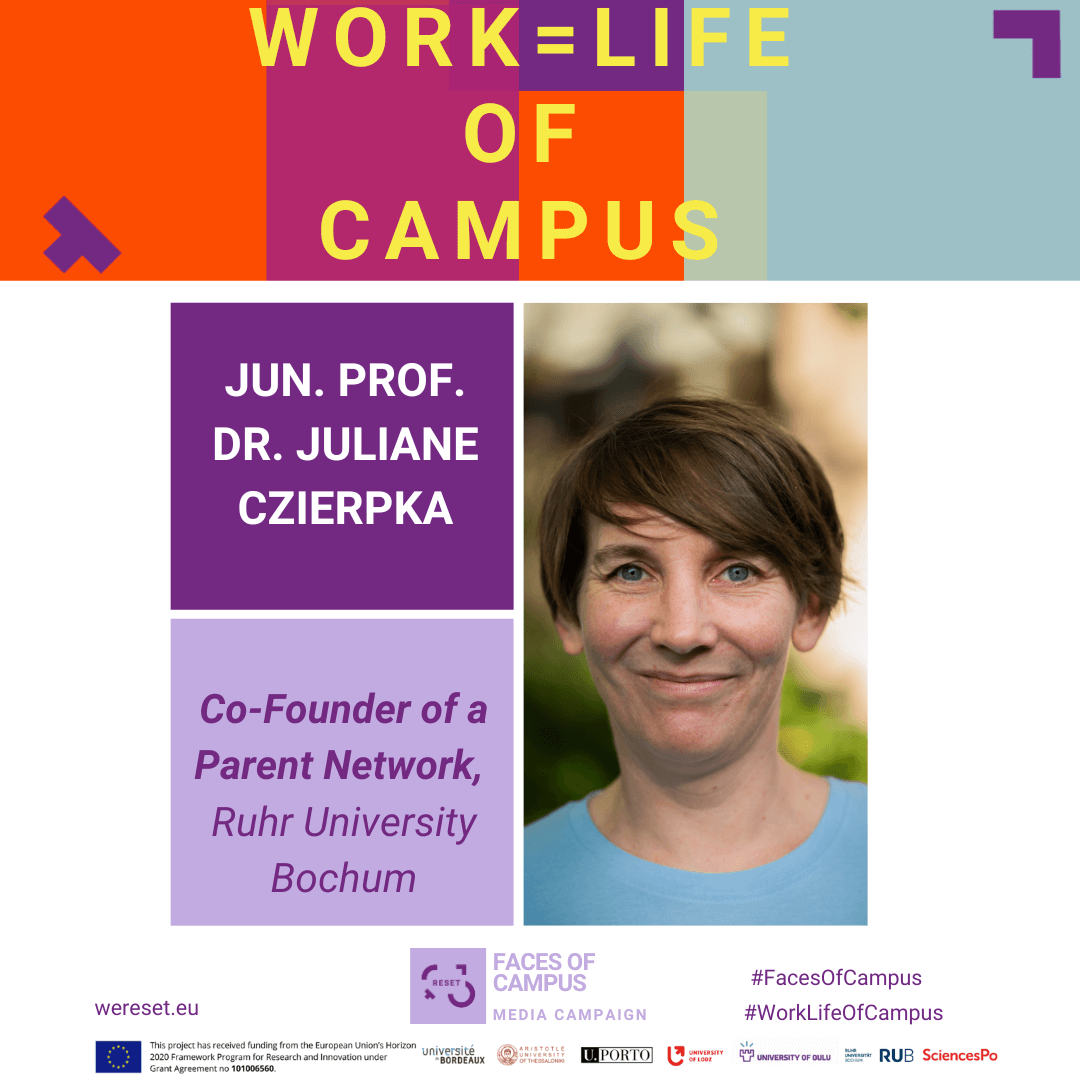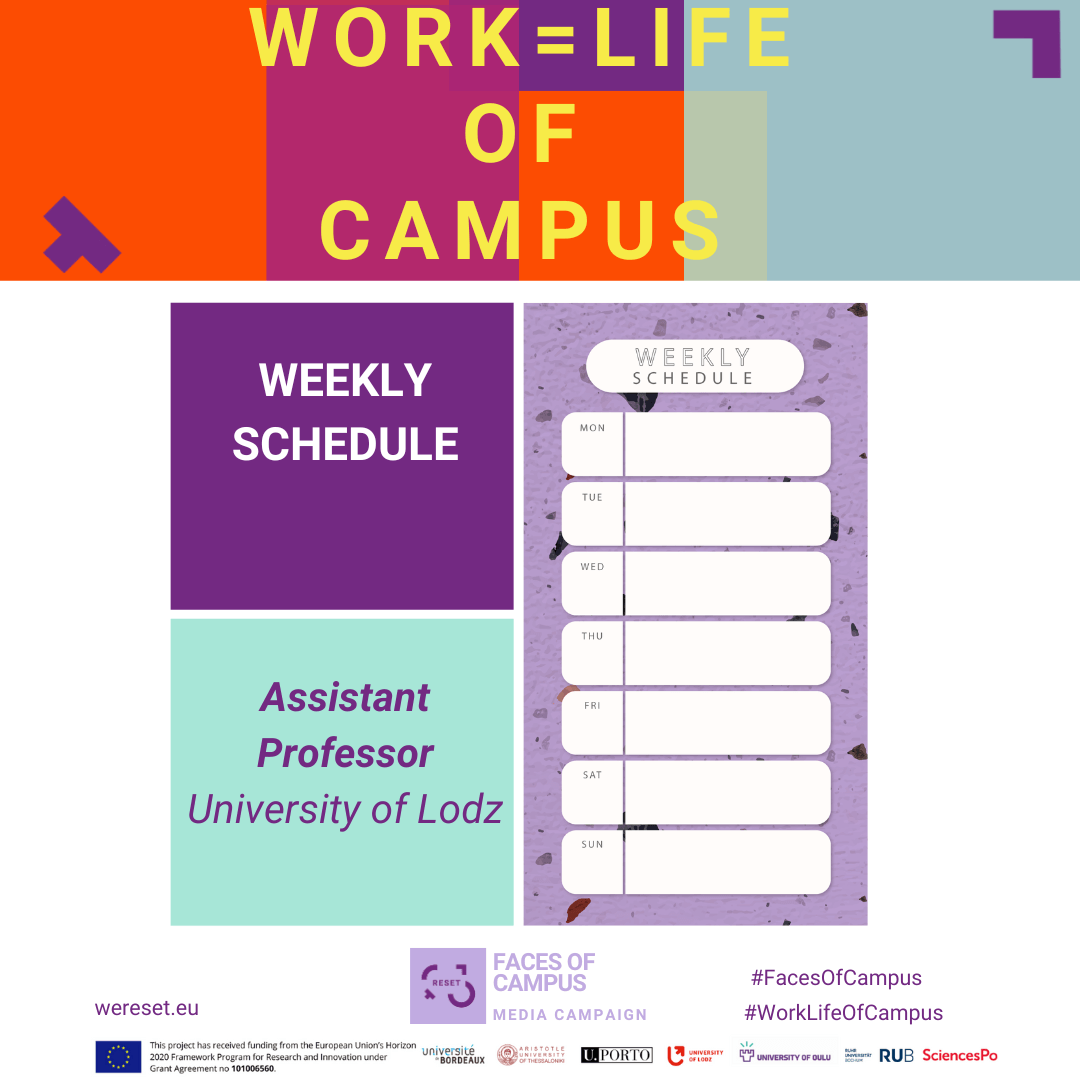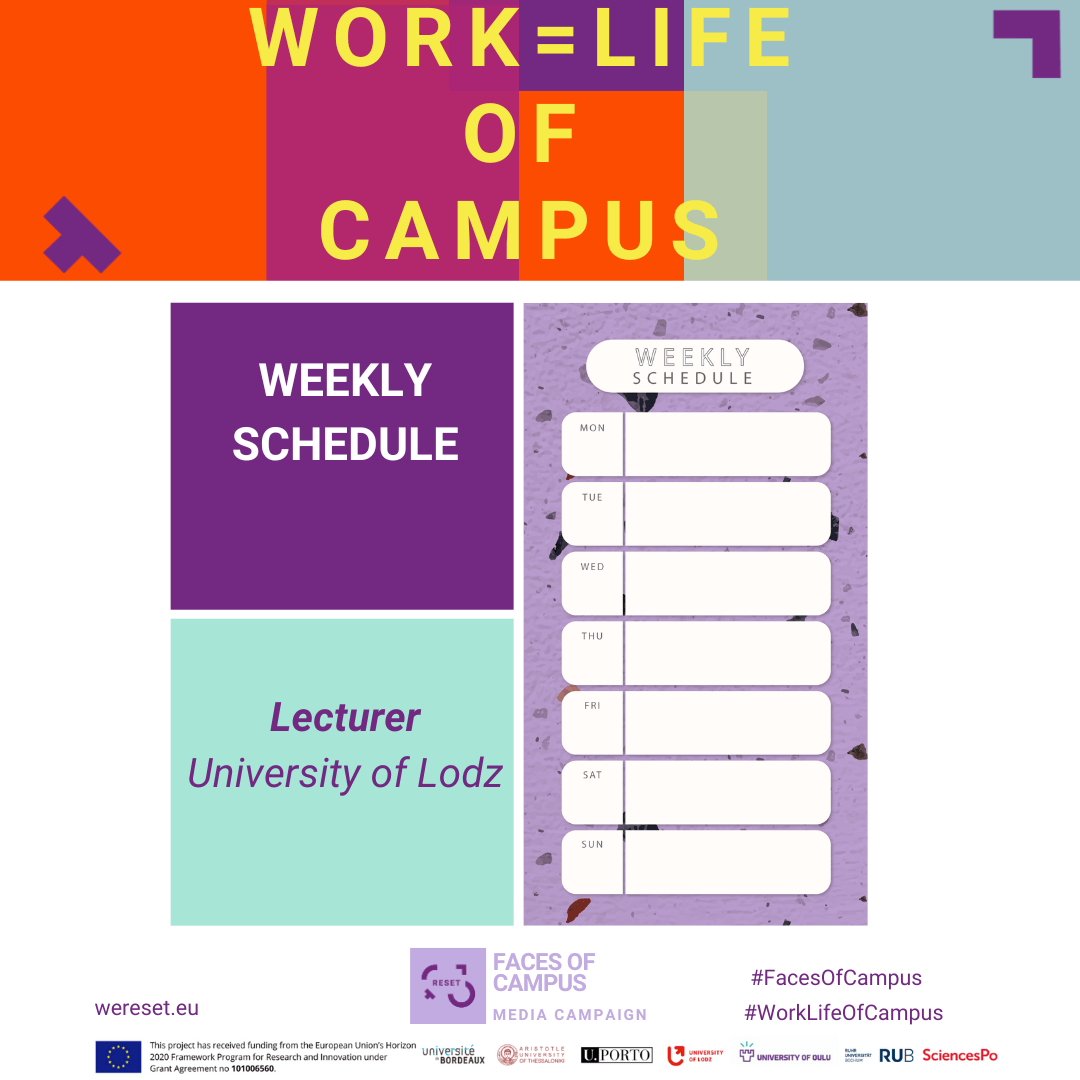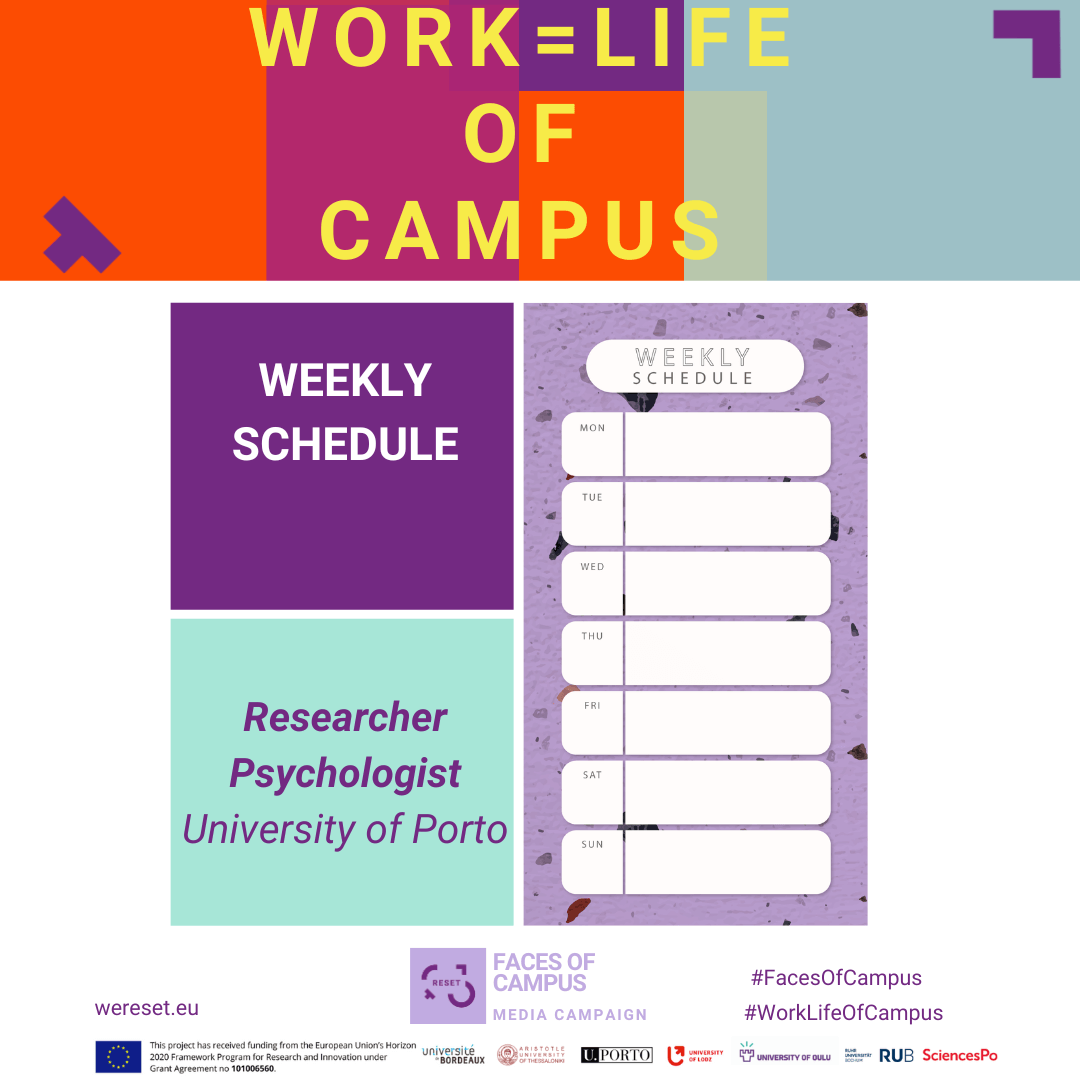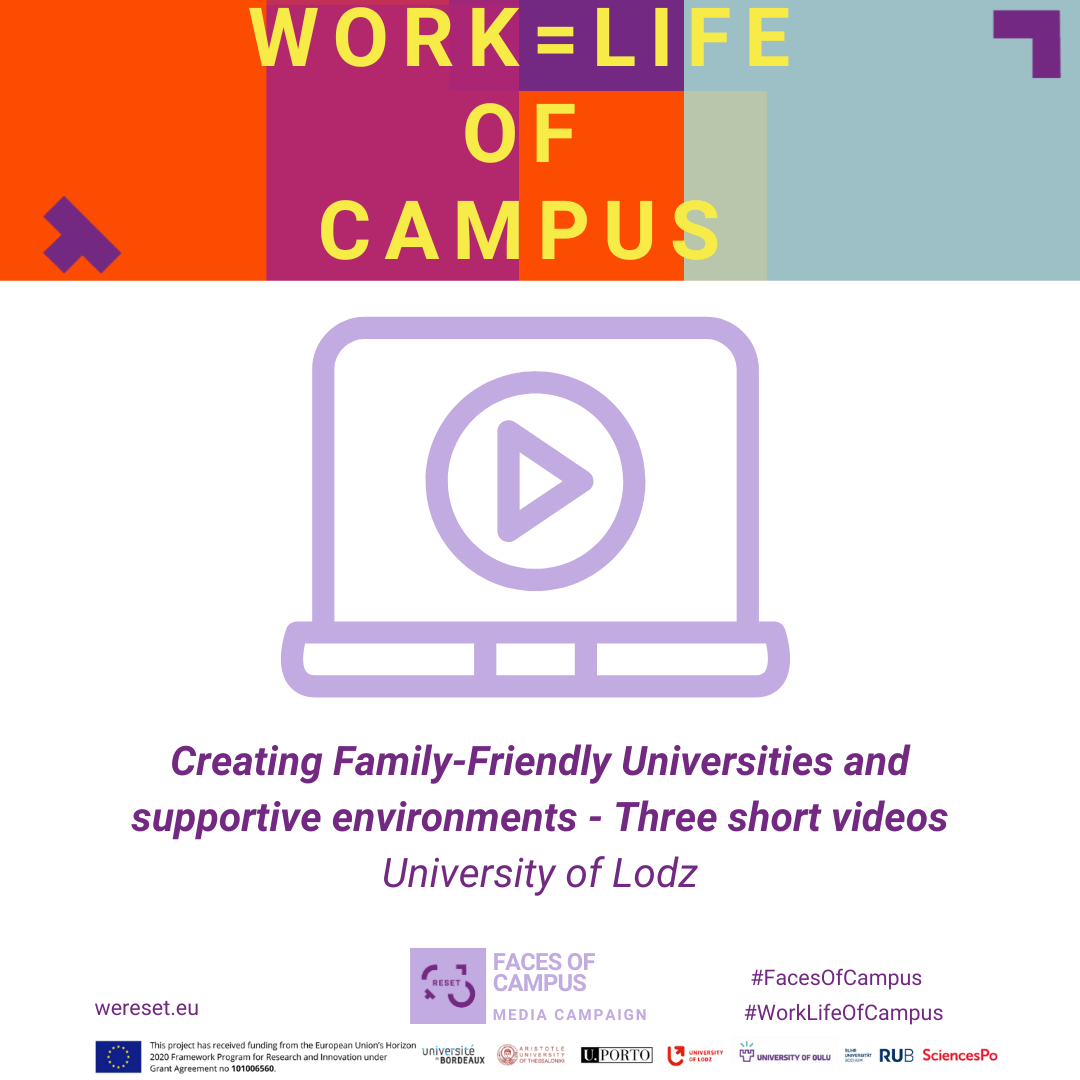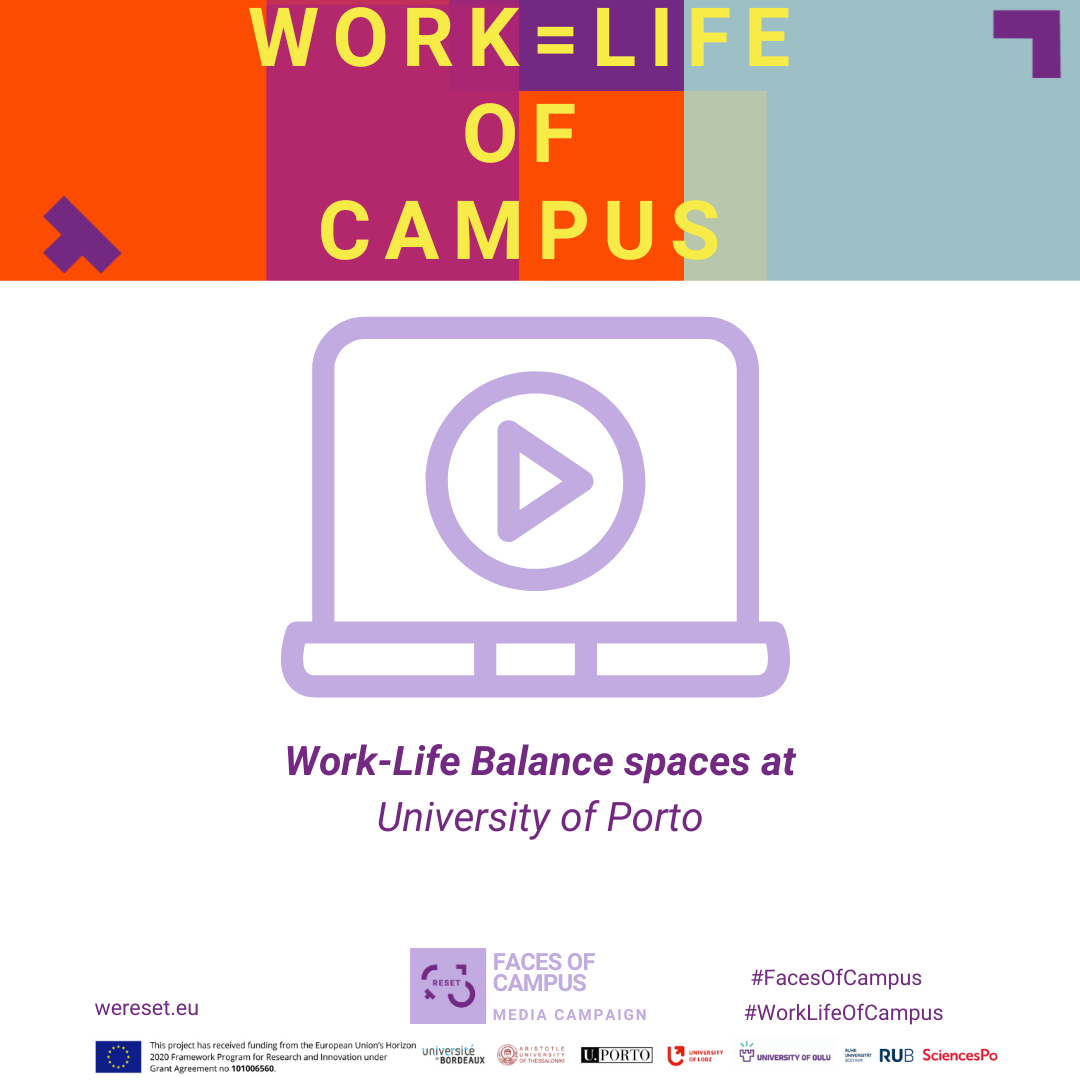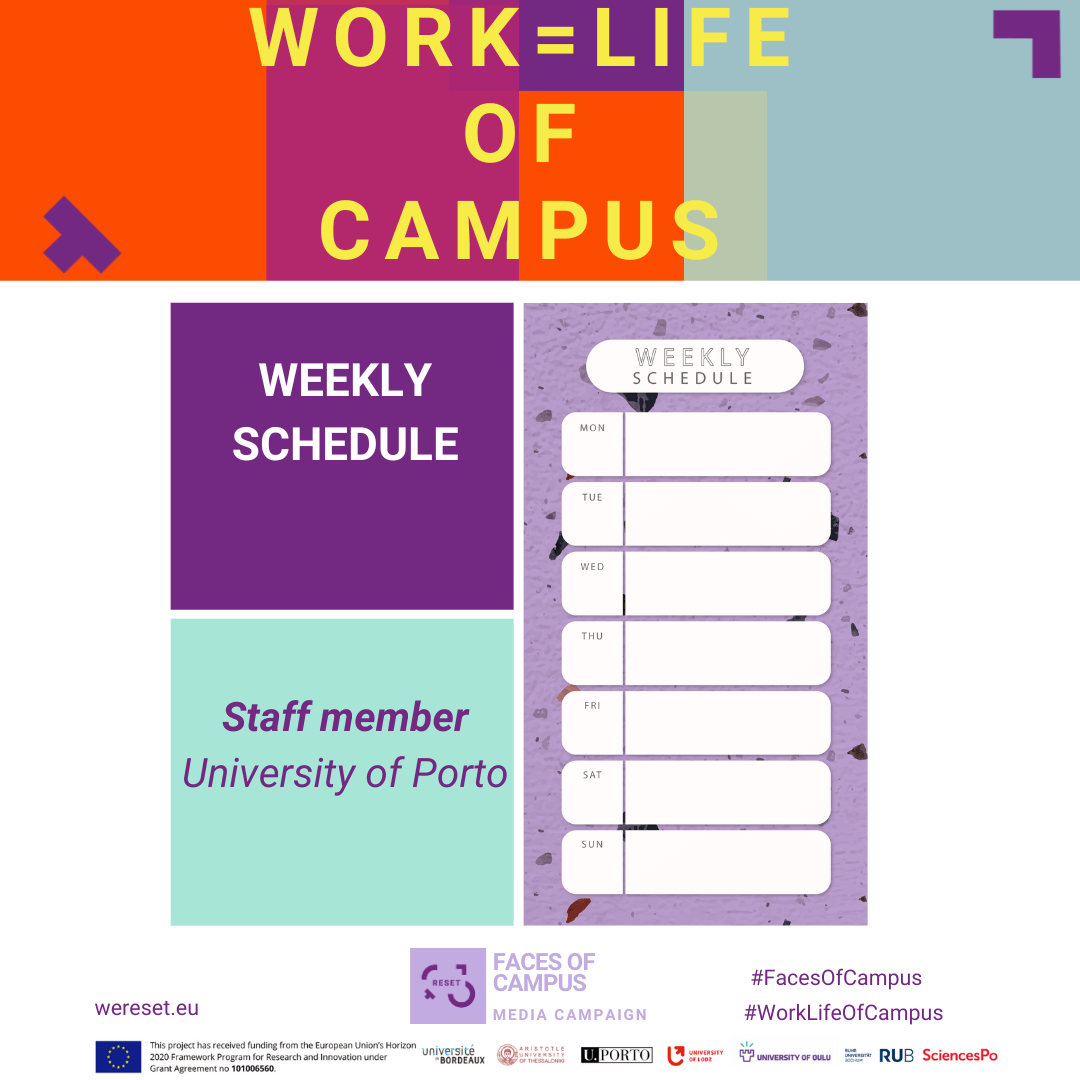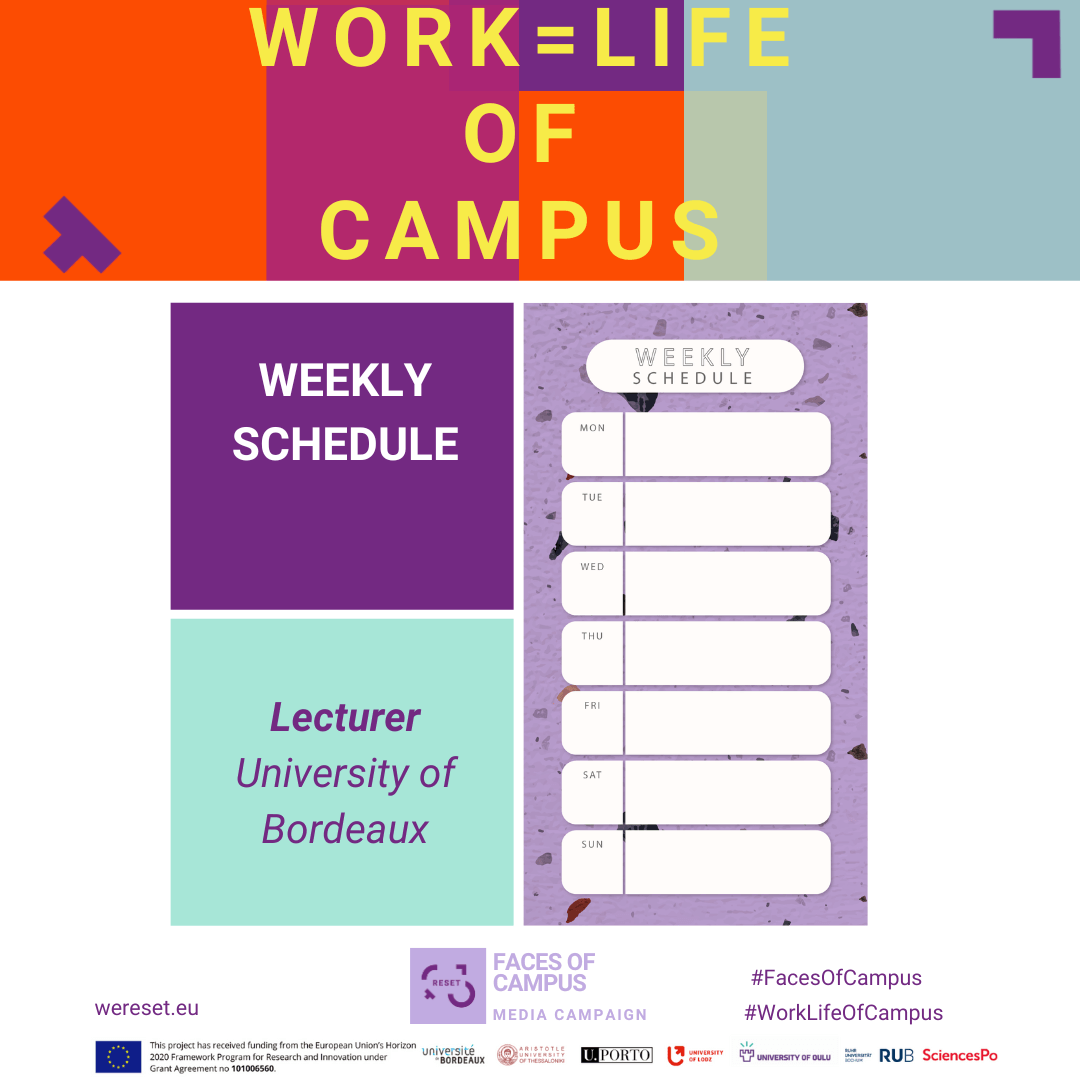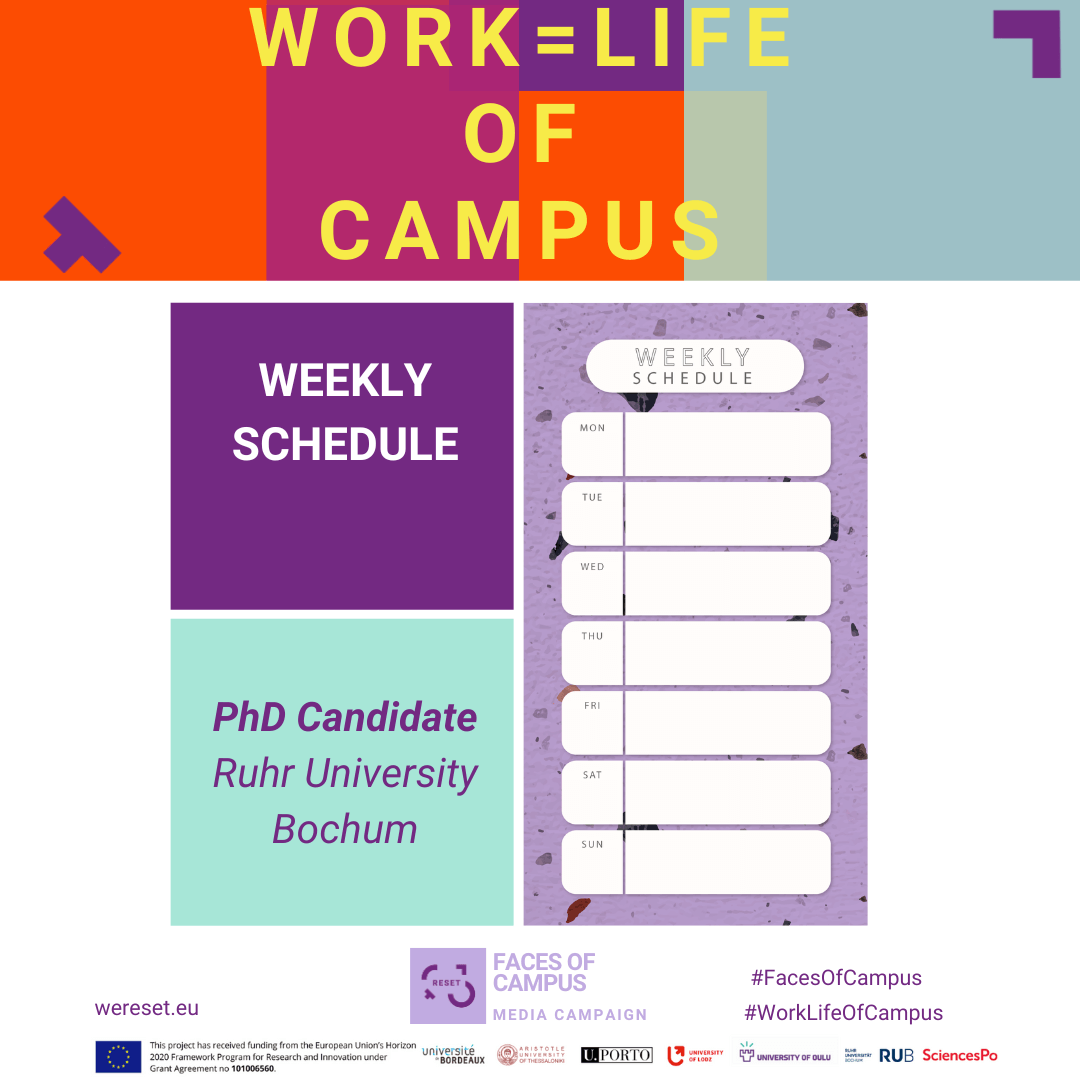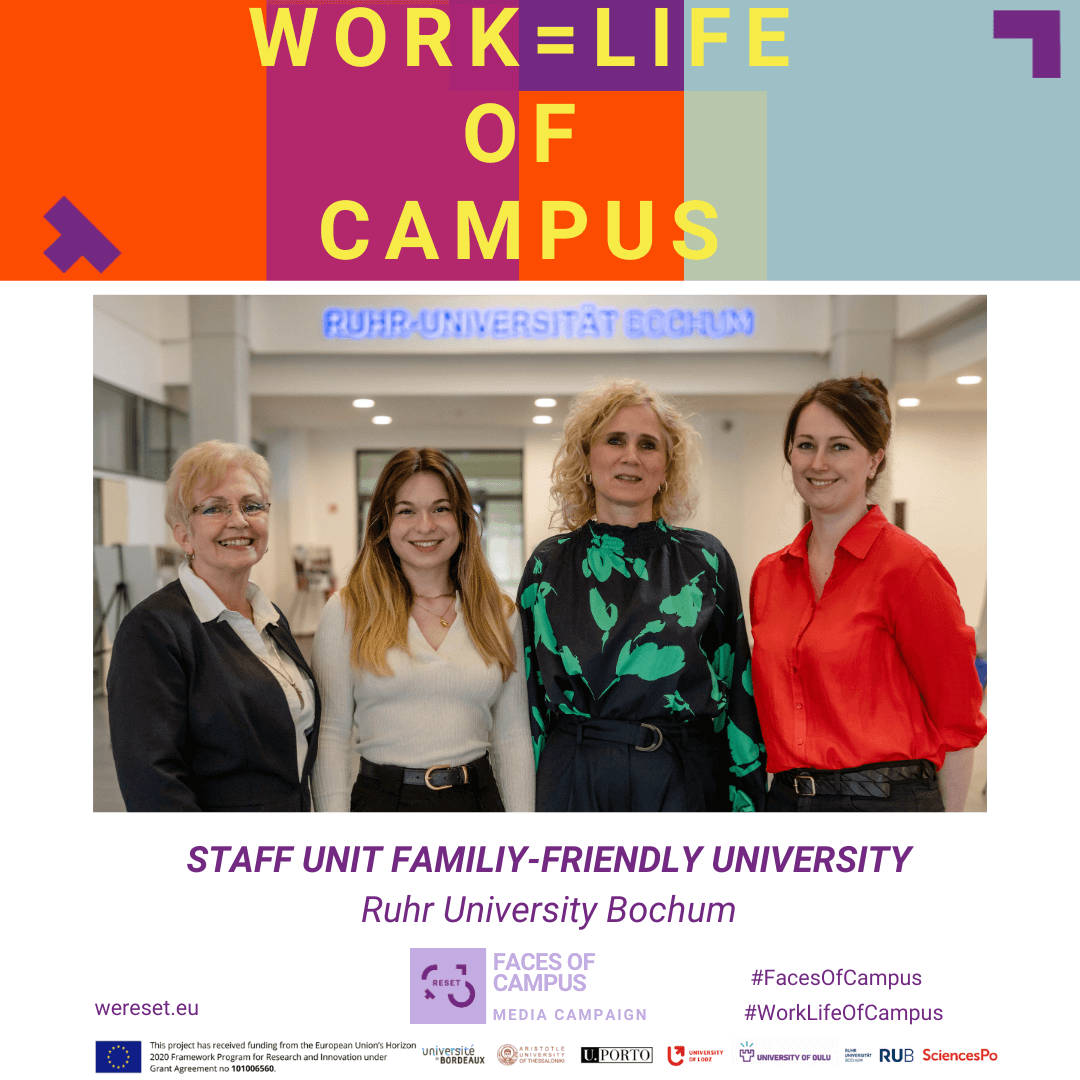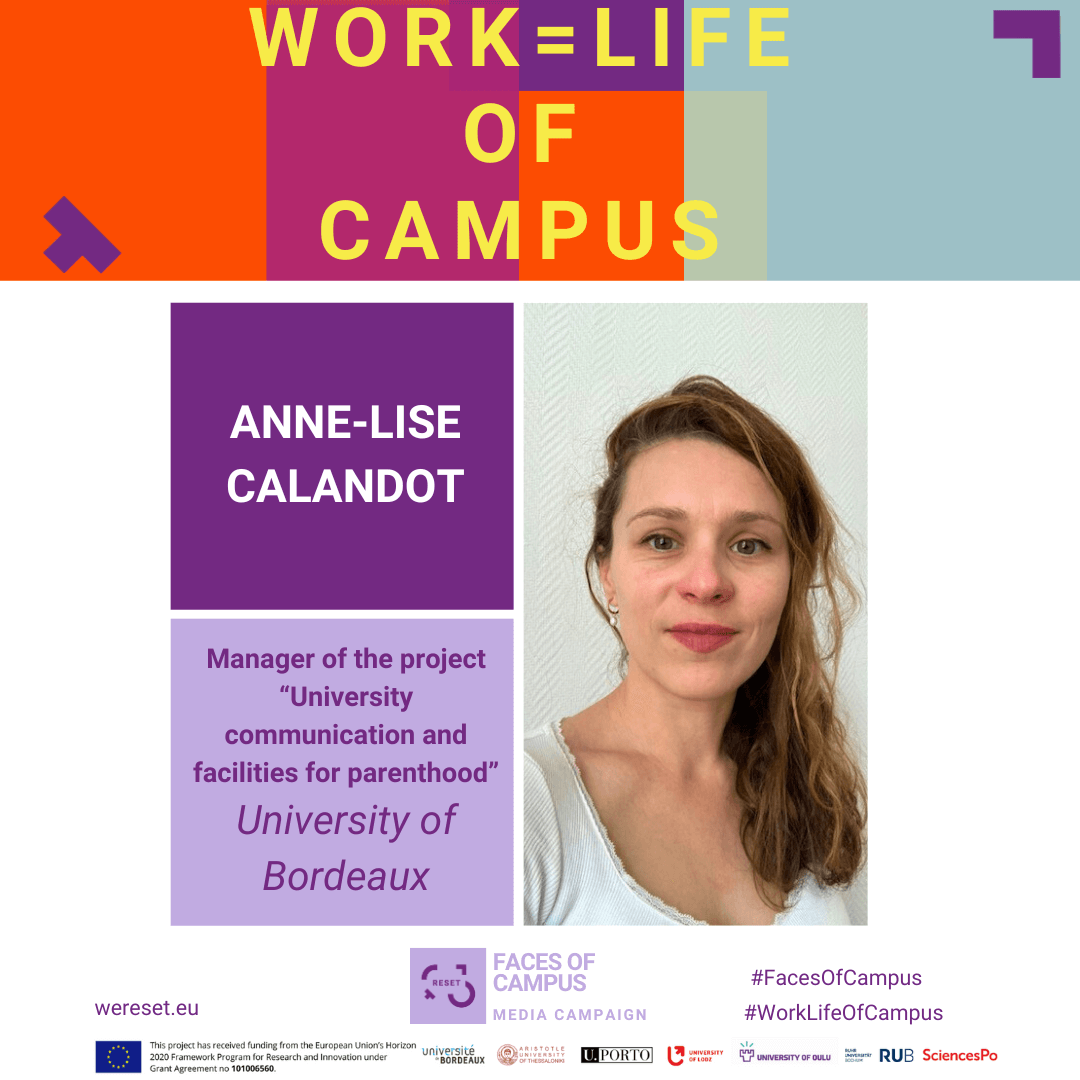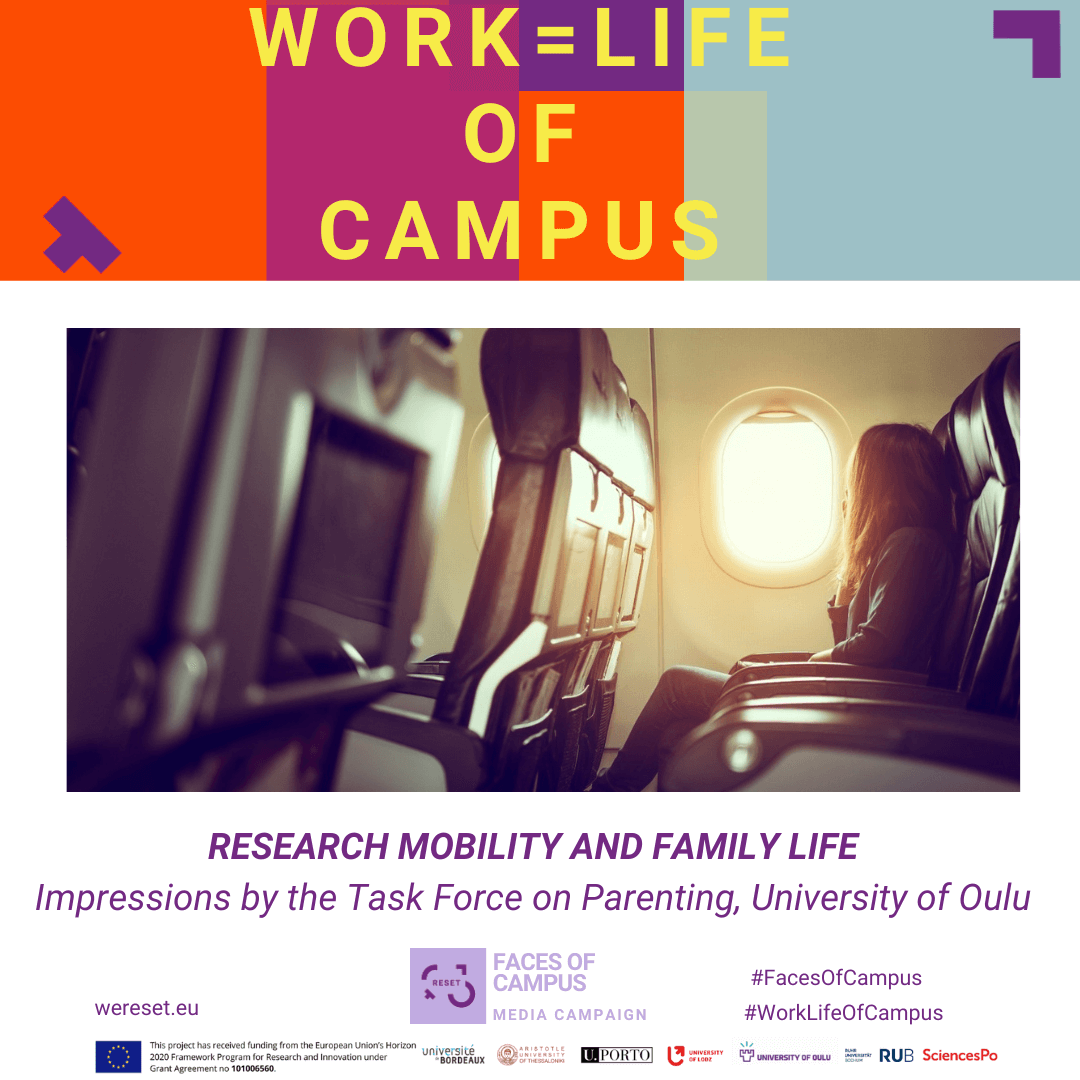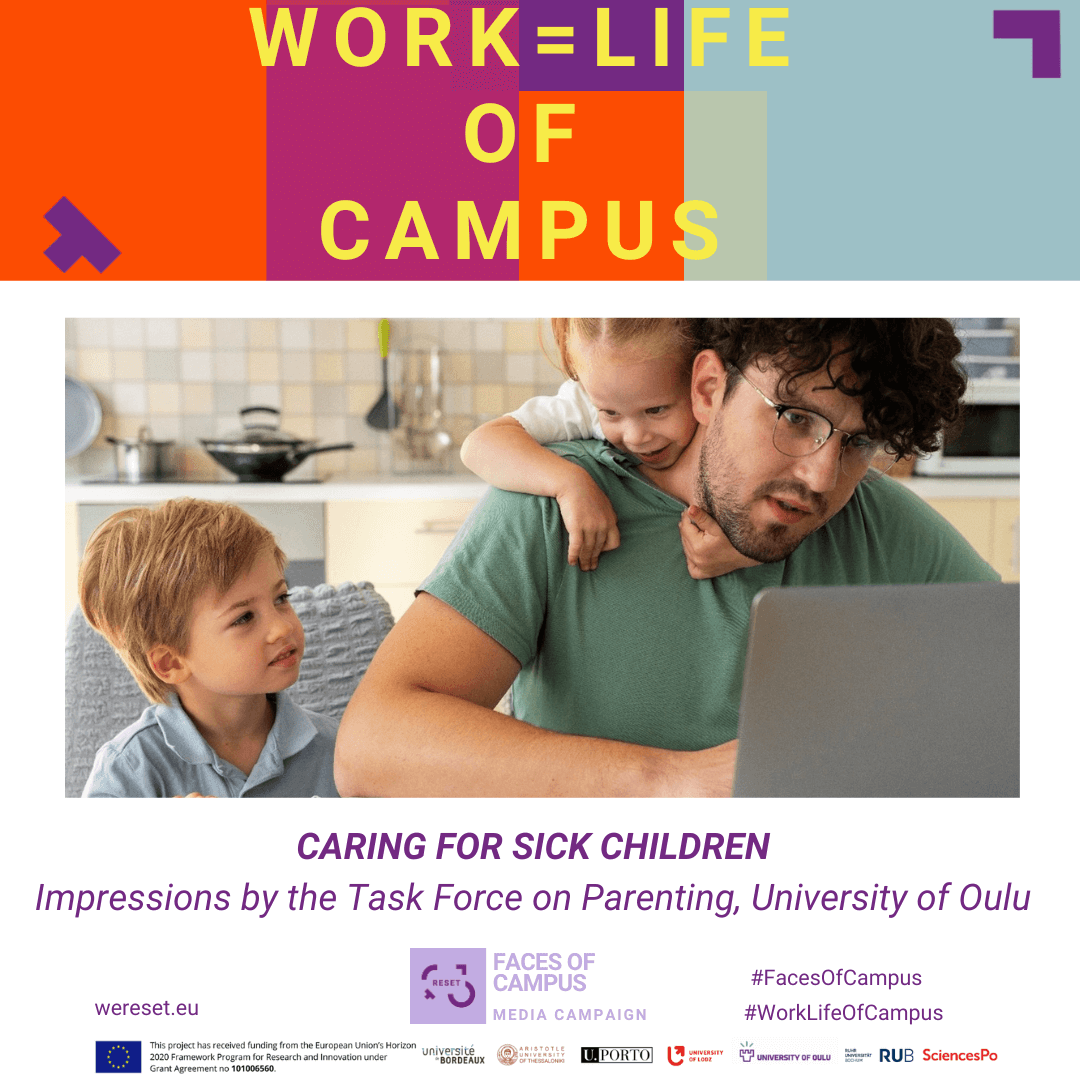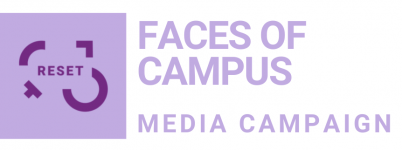

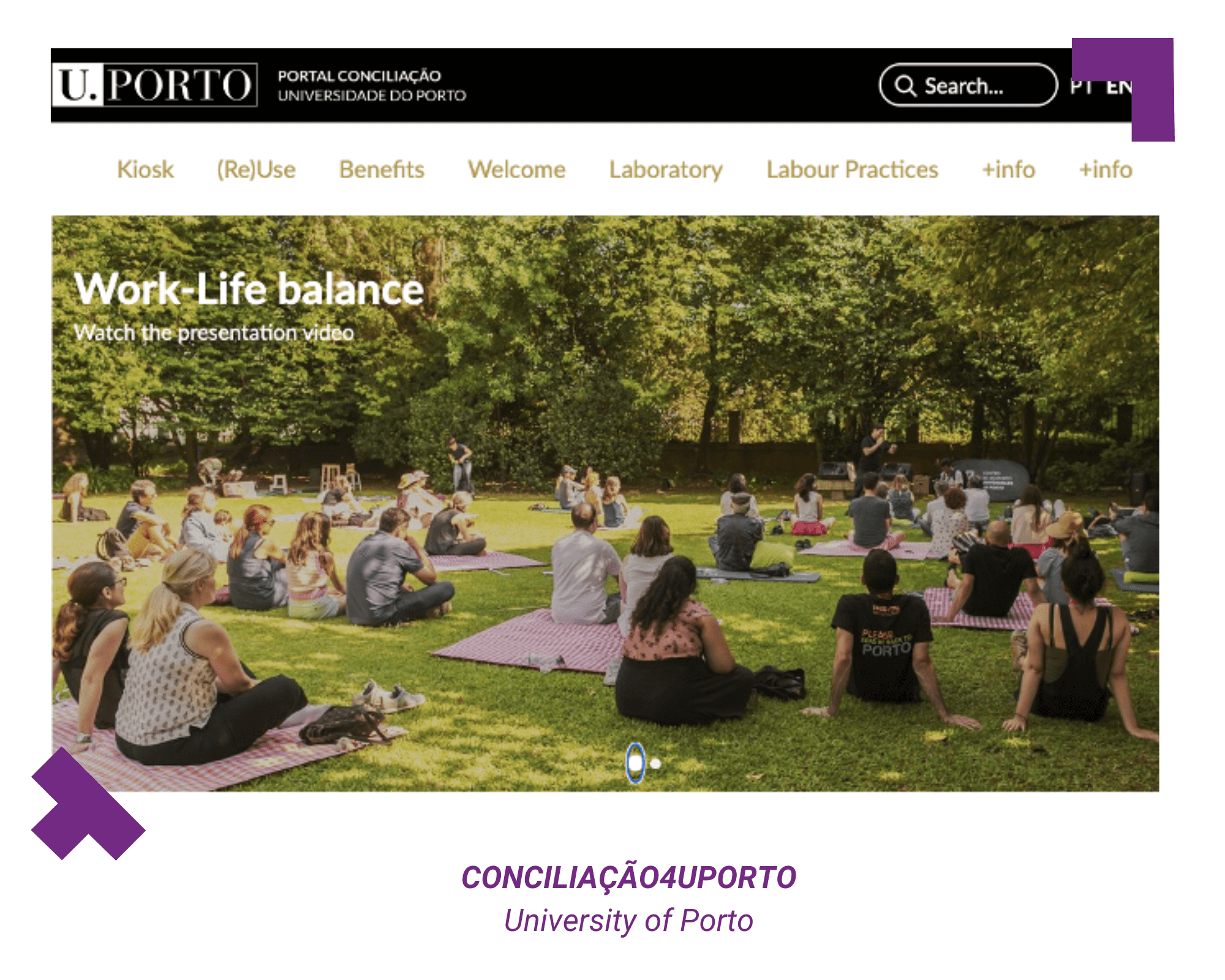
“Conciliação4UPorto” is an internal project of the University of Porto that aims to improve the quality of life of the institution’s teachers, researchers and technicians by creating conditions that promote a better balance between professional responsibilities, family time and personal activities by implementing a Conciliation Management System. This project is part of the Government’s “Três em Linha” initiative – Programme for Reconciling Professional, Personal and Family Life.
The “Conciliação4Uporto” project is supervised by the Social Responsibility Unit of the Rectorate of the University of Porto, with technical coordination by the Faculty of Medicine and active collaboration of representatives of each of the 18 constituent entities. It is co-financed by the European Social Fund and the Compete 2020 programme.
Please describe briefly how the programme Conciliação4UPorto contributes to issues related to WLB and parenthood at the University of Porto.
This programme aims to implement measures that promote Worklife balance for all Professionals of the U.Porto. This is achieved by the Conciliation Portal, which includes, for example, the Counselling Office, the Social Service and Mediation Office, the listing of Protocols, and access to the (Re)Use Programme that allows U.Porto’s Professionals to donate goods and products.
What issues or problems have you been particularly devoted to in this regard?
The main issues have been related to parenting, retention of talent, flexible working arrangements, illiteracy in social protection and professional development, social inclusion, mental health, well-being, and quality of life in the workplace.
What is your specific scope of action? Are there people who have contacted your project? What were their concerns?
The scope of our action refers to all Professionals at U.Porto. We have had contacts for different purposes (e.g., social vulnerability concerns; personal and professional development; sharing ideas and suggestions; requesting goods or making products available online using the (Re)Use Programme. Professionals that have contacted us are from different categories (e.g., technicians, professors).
Which approaches or levers are particularly important from your perspective based on your experience?
Above all, greater proactivity and awareness of U.Porto’s middle and top managers are needed so that they value and encourage management practises that promote Worklife Balance. Hence, the need to promote awareness actions, satisfaction assessments, and dissemination of good practises alongside making professionals co-responsible for their well-being, with a particular focus on the impact on productivity and work.
From your perspective or based on your experience, what contributions can universities make to address these aspects?
Universities should be an example for society and a vehicle for promoting and disseminating work-life balance practises, as they are more exposed to competitiveness and internationalisation, and are expected to have good practises in promoting well-being, improving living conditions, and improving lives of their Professionals.
What would WLB look like in an ideal world for you?
In an ideal world, Worklife balance in academia would be based on global well-being and quality of life for everyone, without exception. Some examples are adjusting working hours and work regimes to workers’ needs, promoting a good working environment, meritocracy, and the right to disconnect. However, the diversity, the specific legislation that applies to public institutions the administrative autonomy and idiosyncrasies that characterise the schools and other entities across the university, along with the functions, categories, expectations, and personal and professional needs, are barriers to this ideal world.

